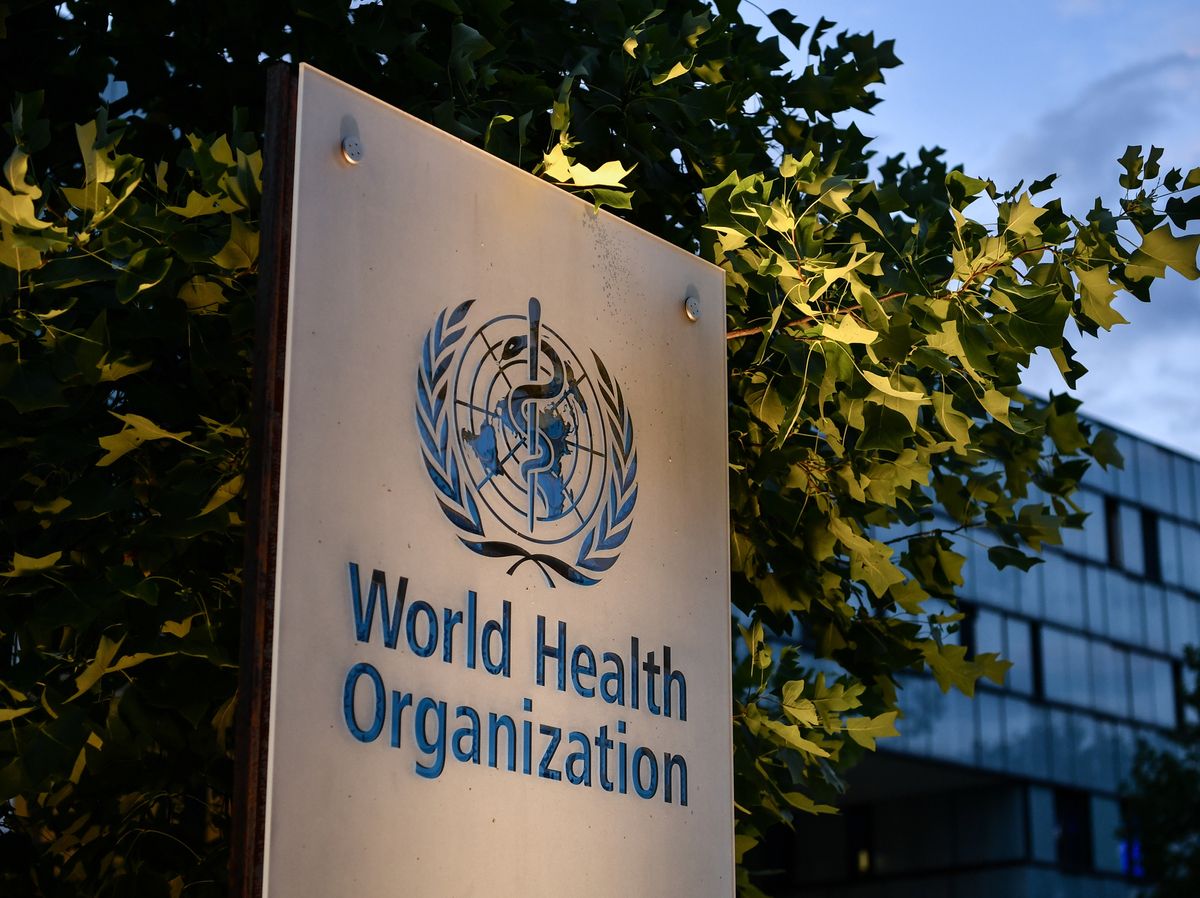Amid US-WHO discord, Trump refuses to join international alliance to develop COVID-19 vaccine

A few minutes every morning is all you need.
Stay up to date on the world's Headlines and Human Stories. It's fun, it's factual, it's fluff-free.
In yet another sign of the growing disharmony between the United States and the World Health Organization (WHO), President Donald Trump’s administration stated on Tuesday that it would not be a part of an international group co-led by the WHO to develop a COVID-19 vaccine.
The decision comes two months after the White House announced that the US would be quitting the WHO, citing Chinese influence on the organization as the reason for its withdrawal.
“The United States will continue to engage our international partners to ensure we defeat this virus, but we will not be constrained by multilateral organizations influenced by the corrupt World Health Organization and China," confirmed Judd Deere, a White House spokesman.
More than 150 countries are currently engaged in setting up a COVID-19 Global Access facility, or COVAX, which aims to expedite the development and equitable worldwide distribution of a COVID-19 vaccine once it becomes available.
The cooperative alliance plans to rope in several vaccine manufacturers and has set a target of two billion doses of licensed and approved vaccine by the end of 2021. Along with the WHO, COVAX is jointly led by Gavi – the Vaccine Alliance and the Coalition for Epidemic Preparedness Innovations (CEPI).
Advocacy for a multilateral effort
The WHO has been urging affluent nations with the financial capacity to make deals with individual vaccine makers to join COVAX as a subsidiary supply source of vaccines should their bilateral deals turn out to be unsuccessful.
Dr. Tedros Adhanom Ghebreyesus, the WHO Director-General and a vocal advocate of global cooperation in the fight against COVID-19, has emphasized the need to curb what the organization refers to as “vaccine nationalism.”
Concern has risen within the medical community that by refusing to join COVAX and by following its own, largely non-multilateral approach, the US appears confident in its ability to develop a vaccine on its own, which could potentially lead to the country monopolizing and hoarding the vaccine for itself and inflating its price.
In an interaction with The Washington Post, Suerie Moon, co-director of the Global Health Center at the Graduate Institute of International and Development Studies in Geneva, called the US’s refusal to participate in COVAX a “real blow” to the collective effort of countries and organizations to obtain a vaccine. She expressed worry that the behavior of countries when it comes to vaccines in this pandemic would have implications on public health. Moon asserted that governments must refrain from following a self-serving policy on vaccines in the interest of humanity at large.
Where the US stands in the vaccine race
A US attempt at a COVID-19 vaccine is currently in its third phase of trials at the Massachusetts-based biotechnology company Moderna. Around 30,000 volunteers are expected to join in the vaccine’s final trial, which will happen at some point in the near future. Dr. Anthony Fauci, the top US infectious diseases expert, has claimed that a breakthrough in the Moderna vaccine could be achieved in November or December.
The British-Swedish company AstraZeneca PLC has entered the vaccine race in the US while another American company, Pfizer Inc, is working with Germany’s BioNTech SE in an attempt to also develop a vaccine.
The US continues to be the worst-affected country in the world by the COVID-19 pandemic with over six million cases and more than 185,000 deaths so far.
Instead of joining the global collaboration to develop a vaccine, the Trump administration has chosen to focus on Operation Warp Speed – a US plan to come out with 300 million doses of vaccine by January 2021.
President Donald Trump has on many occasions conveyed hope that a coronavirus vaccine could be ready before the November 3 presidential election.
However, given that the vaccines in the country are still going through the trial phase, it remains to be seen whether Trump’s optimism translates into reality in two months from now.
Discord
The US-WHO relationship has been tumultuous since the pandemic broke out. President Trump’s praise for the WHO at the beginning of the outbreak quickly turned into scathing criticism.
By April, the president was accusing the WHO of deliberately trying to downplay the seriousness of COVID-19 and functioning with a “China-centric” attitude.
This was followed by the suspension of US funding for the WHO for a period of two to three months as the US government wanted to review the organization’s role in the alleged mismanagement and cover-up of the coronavirus pandemic.
America was by far the biggest contributor to the WHO in 2019, with around US$400 million bestowed to the organization. But the tides turned and by July of this year, the US had announced its decision to formally withdraw from the WHO.
Have a tip or story? Get in touch with our reporters at tips@themilsource.com




Comments ()